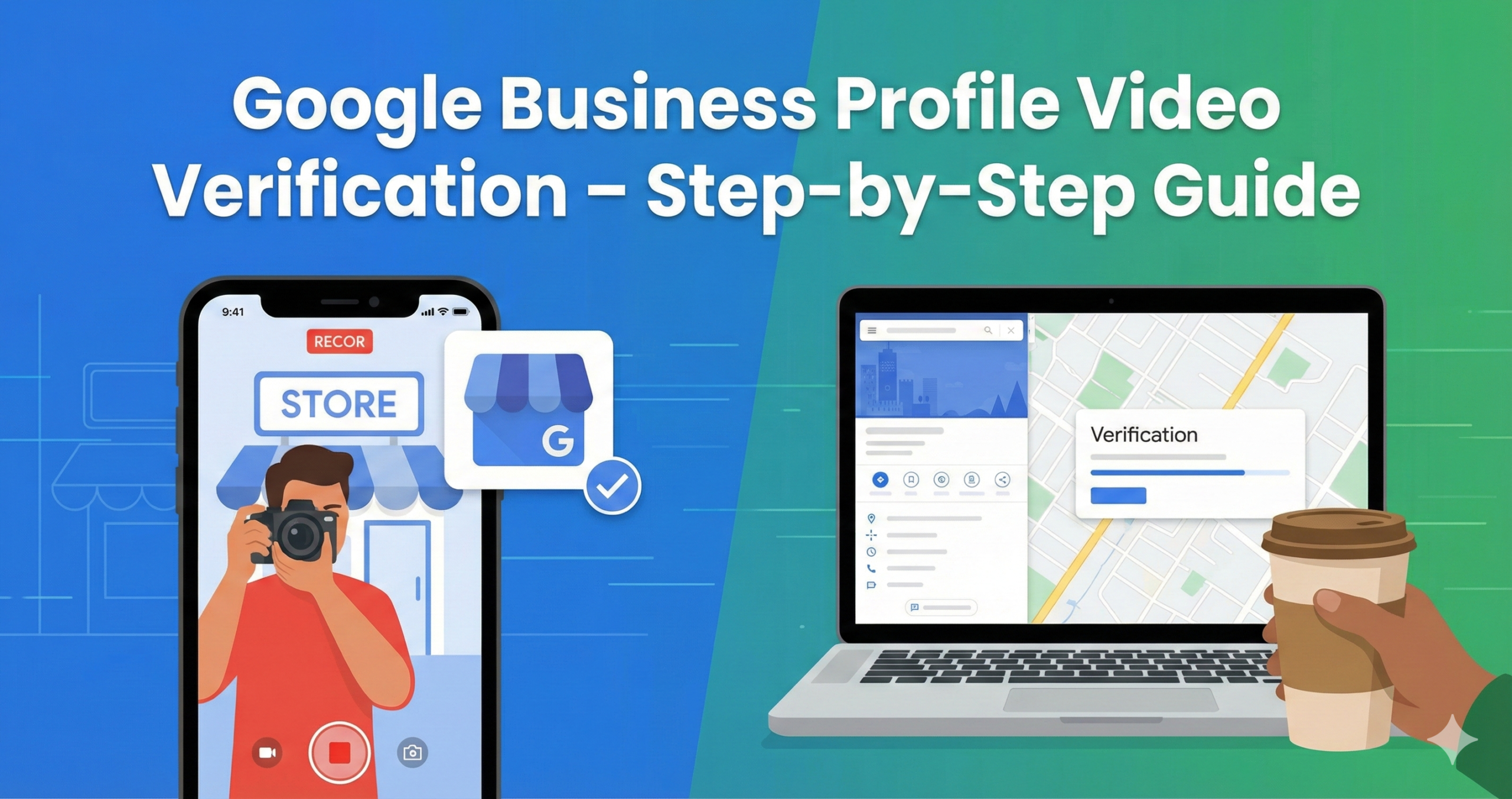Boosting your local SEO can do wonders for your business in Columbus. Whether you’re a small cafe or a local retail store, improving your online presence will help you attract more customers and stand out in your community. In this guide, we’ll walk you through seven straightforward steps to enhance your local SEO and make your business shine.
1. Optimize Your Google My Business Listing
Having a fully optimized Google My Business listing is crucial. Make sure all your business information is accurate, including your address, phone number, and business hours. Take the time to add high-quality images and a comprehensive description of your services to make your profile more appealing. Adding relevant keywords, such as ‘digital marketing Columbus,’ in your business description can further enhance your visibility on local searches.
Don’t forget to regularly update your Google My Business profile. If you host events or have special offers, make sure to post updates to keep your audience engaged. Google allows you to share these posts directly on your business listing, which can help attract more attention. For more detailed insights and expert tips, explore these local SEO strategies that can give your listing a significant boost.
2. Ensure Your NAP Consistency
NAP stands for Name, Address, and Phone number. Keeping this information consistent across all online directories and listings helps with SEO and builds trust with customers. This consistency signals to search engines that your business is legitimate and reliable. Inconsistent NAP information can confuse both potential customers and search engines, leading to lower rankings. Use tools like Moz Local to check your listings and ensure uniformity.
Besides Google’s own listings, your NAP details should be consistent on platforms like Yelp, Facebook, and industry-specific directories. This uniformity strengthens your business’s online presence and improves your chances of appearing in local search results. Regularly audit these listings to correct any discrepancies promptly. For further guidance, read our comprehensive guide on NAP consistency and why it matters for local SEO.
3. Gather and Manage Customer Reviews
Positive reviews not only improve your business’s reputation but also boost your local SEO. Encourage happy customers to leave reviews and respond to them, whether they’re positive or negative. Engaging with customers in this way shows that you value their feedback and are committed to improving your offerings. Implement a system where you regularly prompt satisfied customers to share their experiences.
It’s worth mentioning that reviews play a crucial role in local rankings. Google takes into account both the quantity and quality of reviews in their Local Pack rankings. You can make the process easy for your customers by providing direct links to your Google My Business review page. Tools like Get 5 Stars or ReviewBuzz can help automate review requests, improving your review acquisition process efficiently.
4. Utilize Local Keywords
Incorporating local keywords in your content, meta descriptions, and tags can help your site rank better. Use terms that Columbus residents are likely to search for. Keywords like ‘best coffee shop in Columbus’ or ‘Columbus digital marketing services’ should be strategically placed throughout your website and blog posts. This targeted approach increases the likelihood of your business appearing in relevant local searches.
Tools like Google Keyword Planner or SEMrush can be invaluable in identifying the right local keywords for your business. Once you have a list, ensure these phrases are naturally integrated into your website content, headings, and metadata. Avoid keyword stuffing, as it can negatively impact readability and SEO. Instead, aim for a balanced, informative content strategy that resonates with your local audience.
5. Develop a Content Strategy Focused on Local Events and News
Writing blog posts and articles about local events or news can attract a local audience. This shows that you’re engaged with the Columbus community and improves your SEO. Cover events like local festivals, marathons, or community fairs, and try to tie them back to your business where possible. This approach not only enhances your SEO but also positions your business as an active community participant.
Collaborating with local influencers or businesses for content can also be beneficial. Guest blog posts, interviews, and co-hosted events are excellent ways to tap into broader audiences while reinforcing your local presence. According to SEO experts, locally focused content can drive significant traffic to your site and build strong community relations. Regular content updates keep your site fresh and relevant, which search engines appreciate.
6. Create Local Business Listings
Be sure to list your business on local directories and websites. Sites like Yelp, Yellow Pages, and local chambers of commerce can improve your visibility. Consistency across these listings is crucial, as search engines use this information to verify your business’s legitimacy. The more citations your business has, the more authoritative it appears, improving your local search ranking.
Utilize tools like AdviceLocal to manage your citations and ensure they’re accurate and up-to-date. Listings on platforms such as Apple’s Maps and Bing Maps, in addition to Google Maps, can significantly enhance your local reach. The primary goal is to make it as easy as possible for local customers to find and contact you. Regularly monitor these listings and update them with new offers or changes in your business hours to keep them relevant.
7. Optimize for Mobile
More and more people are searching on their mobile devices. Ensure your website is mobile-friendly to enhance the user experience and improve your rankings. Mobile optimization goes beyond responsive design; it includes fast loading times, intuitive navigation, and easy-to-read text. A mobile-friendly site not only improves user engagement but also positively impacts your search engine ranking.
Google’s Mobile-Friendly Test can help you assess your website’s performance on mobile devices. If you find that your site isn’t up to par, consider a website redesign, focusing on speed and usability. For additional tips on optimizing for mobile, visit our local SEO guide. Remember, a seamless mobile experience can make or break your chances of converting a mobile searcher into a loyal customer.








